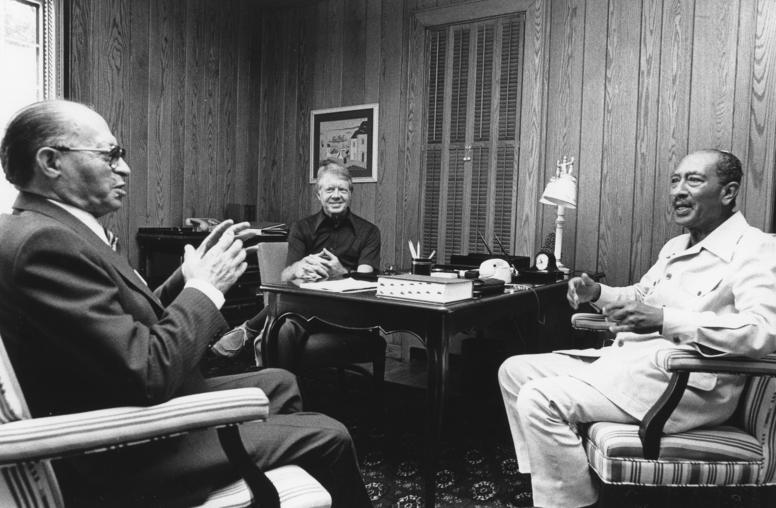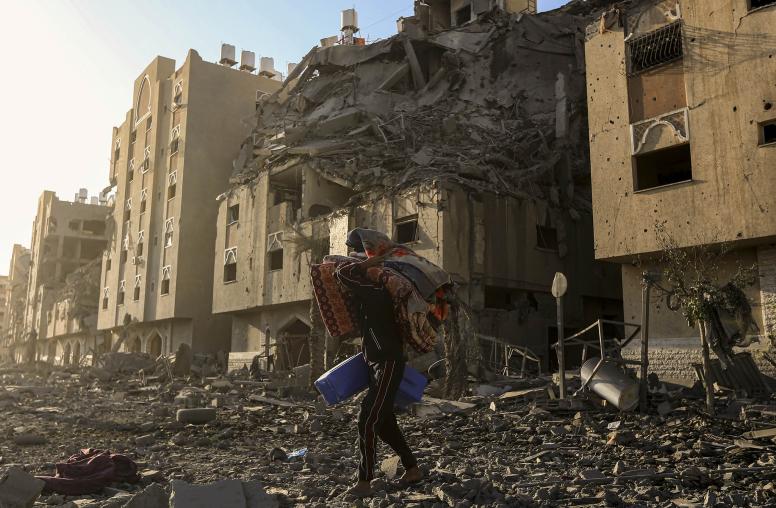Robert Barron
Contact
Please submit all media inquiries to interviews@usip.org or call 202.429.3869.
For all other inquiries, please call 202.457.1700
Robert Barron is a senior program officer for the Israel, the Palestinian Territories, Egypt and the Levant program at USIP. In this role, he manages a portfolio of policy research, track II dialogue and peacebuilding projects.
Prior to joining USIP, Barron served as policy assistant to the director of Rice University’s Baker Institute for Public Policy, where he managed and contributed to the institute’s research on the Middle East and served on the institute’s executive leadership team. Before that, he worked as journalist and editor in Cairo, Egypt, and also spent time working on economic development there.
Barron holds bachelor’s and master’s degrees from Texas A&M University.




